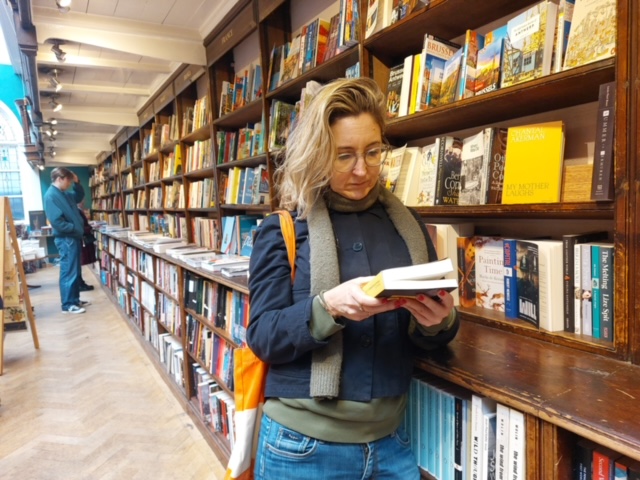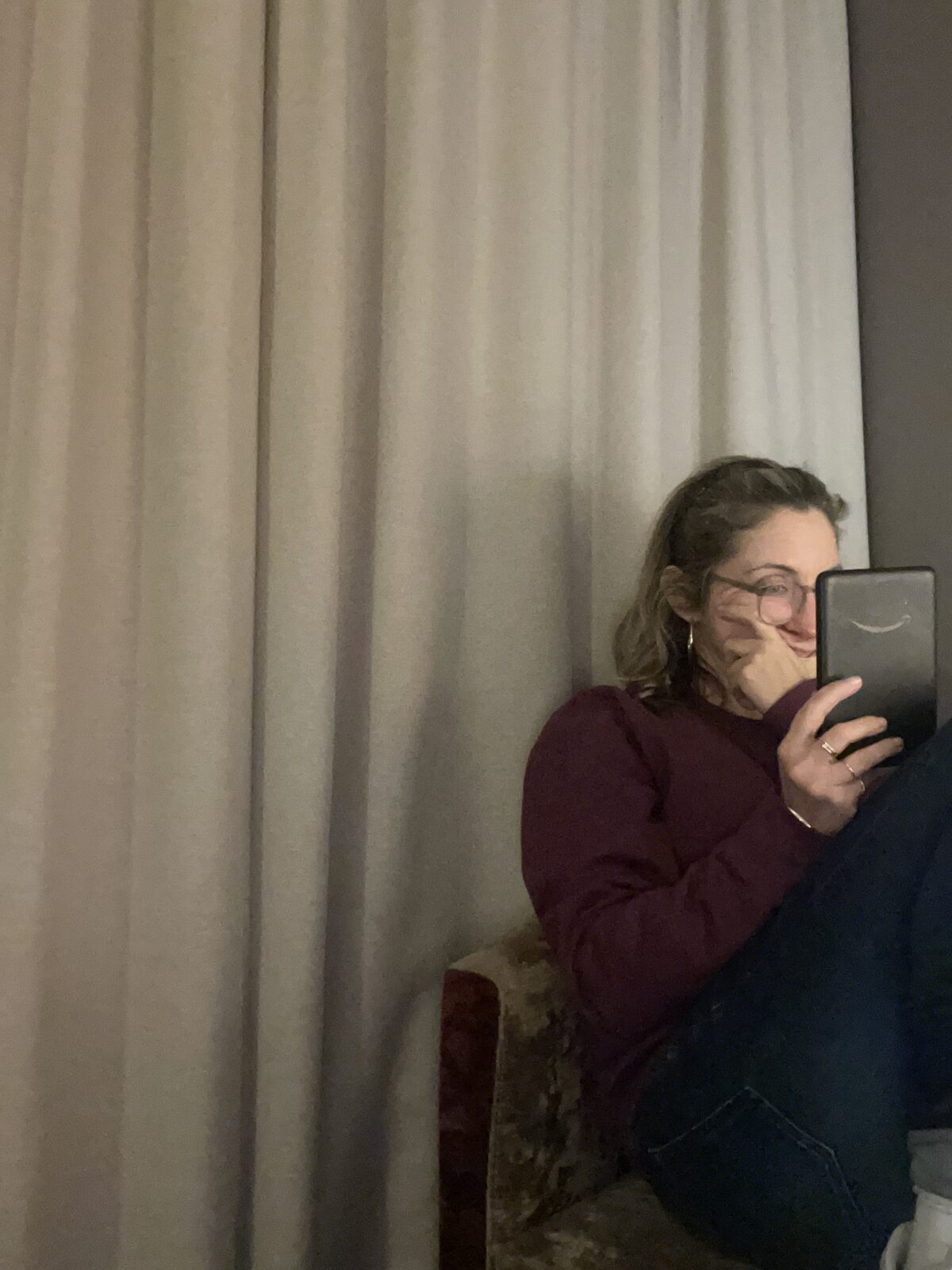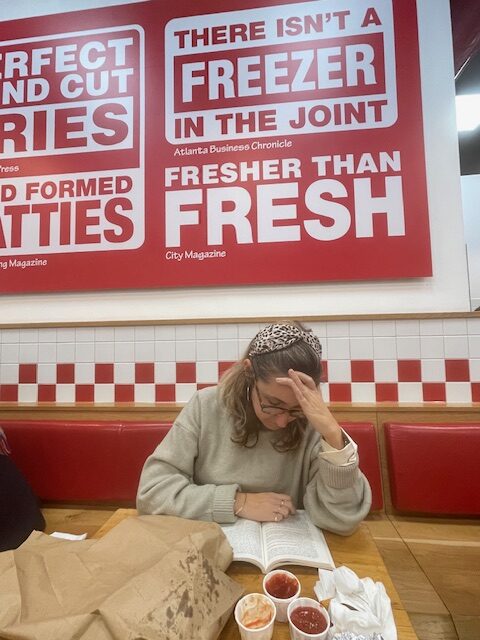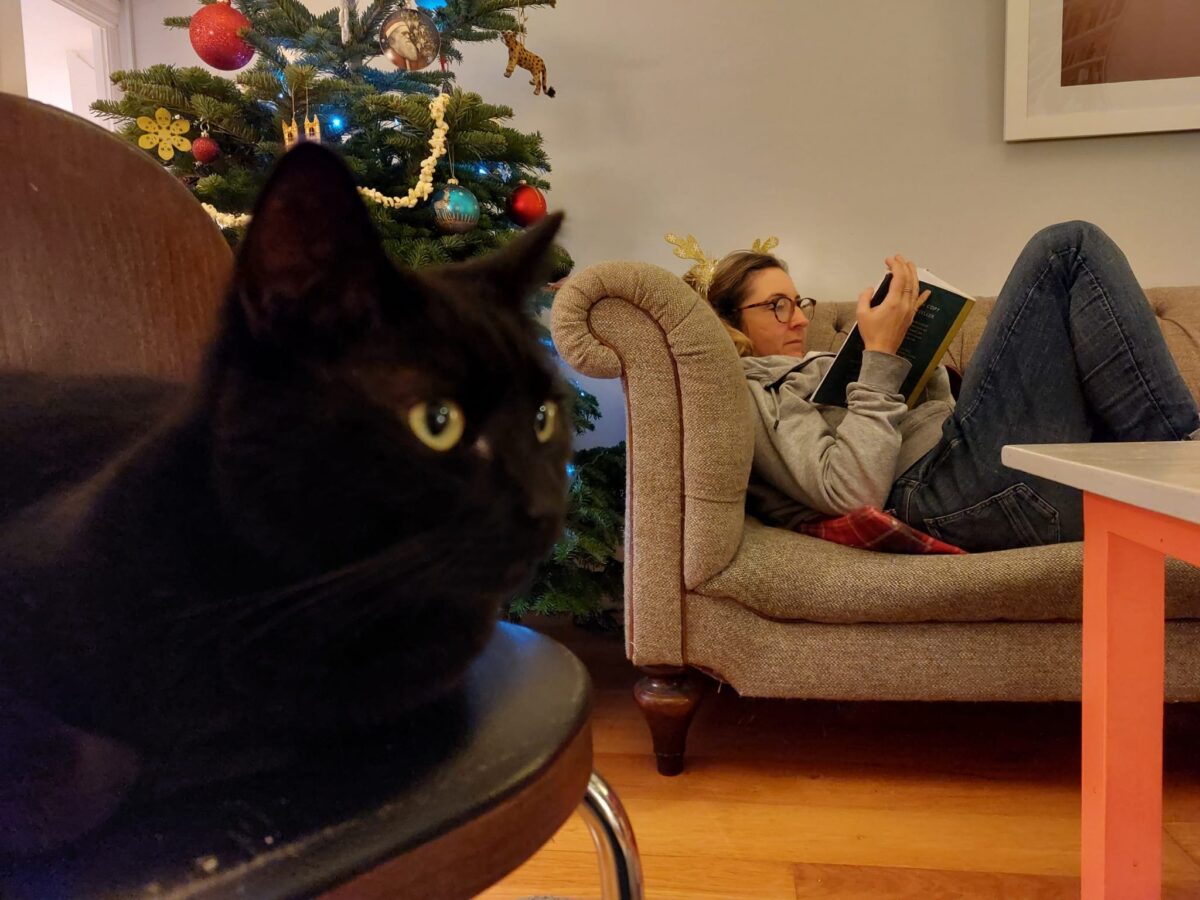The review I first read about this book was illustrated with a photo of a young Asian woman holding the hand of a much older European man. The review spent much time discussing whether or not the book is revenge porn, and to my surprise the pornographer is in fact the young woman.
Basically, the guy was married, and had an affair with this lady, and this is the story of that affair. This is all sounds very salacious but in fact for a book with really a lot of sex in it, it is remarkably straightforward. There’s a lot of chat about what she wore, and when he did or not text her back. It was drafted in real-time, as the relationship was happening, which gives it an interesting kind of immediacy.
What I found especially interesting was what this lady did for a living, which, as far as I can tell, was nothing too much. She had previously been with another much older man, Malcolm McLaren, who she met when she was a student at Yale, and after his death (about which she is clearly heart-broken) she mostly curates his artistic legacy. She spends her year going between New York and various European capitals, having dinners, going to openings, and wearing designer shoes. I tried not to think the word ‘parasite,’ as of course that is uncharitable. I guess I like my artists starving.










